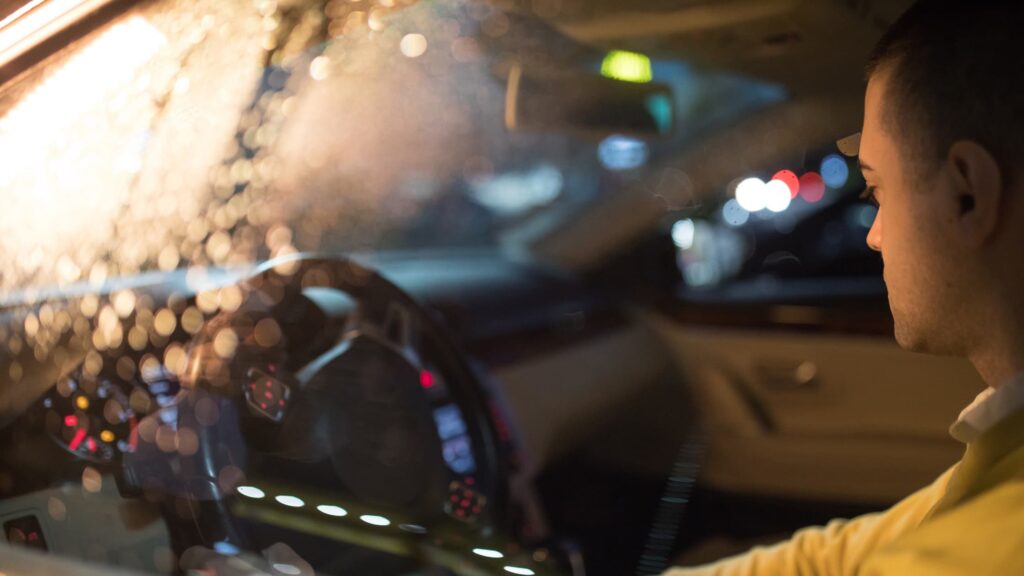Driving at night can be riskier than driving during the day due to increased road hazards and eye conditions that can affect your ability to see in darker settings.
These factors impact drivers all around the world. Have you ever wondered, “Why can’t I see as well when I drive at night?” or “Should I wear special glasses to drive at night?” While the answers may vary depending on individual cases, this guide will help you understand some particular reasons you have trouble seeing you drive at night and what to do to fix the problem.
Reasons therefore are:
- Light from oncoming traffic: Headlights, high beams and fog lights are designed to help drivers see at night, but they can also produce adverse effects. Glare can be distracting, irritating and reduce your reaction time.
- Night blindness(Nyctalopia): Night blindness, or nyctalopia, refers to poor vision in dim light or darkness. Like presbyopia and myopia, night blindness can pose a dangerous threat to driving at night because it limits the visual capabilities of an affected driver. This disorder can be caused by cataracts, glaucoma, myopia and other vision conditions. In some cases, glasses can treat night blindness, but treatment ultimately depends on the underlying cause. Driving in darker conditions can be challenging to begin with, and night blindness can make it truly dangerous. If you’re experiencing symptoms of nyctalopia (halos or glares around lights, trouble seeing distant objects, blurry vision, light sensitivity, etc.), consult your optician.
- Genetic conditions: Genetic conditions that cause night blindness, such as retinitis pigmentosa, aren’t treatable. Many vision problems that weaken your eyesight while driving at night can be treated with corrective glasses or contacts. Your vision changes as you age, so regular eye exams are essential. You may need to update your prescription to drive more safely and efficiently at night.
- Road lights: You’re also likely to experience poor vision when driving due to the intermittent brightness of headlights and streetlights on the road.There are safety tips to follow to avoid night blindness; they include the following-
- Always pay attention
- Obey the speed limit
- Buckle up
- Use a child safety seat
- Check the tyres
- Don’t text and drive
- Stay bright in reflective gear
- Wear a helmet
- Stop when they’re tired
- Watch out for pedestrians, especially kids
- Slow down for kids
- Never drink and drive.
What are the treatment options for night blindness?
Your eye doctor will take a detailed medical history and examine your eye to diagnose night blindness. You may also need to give a blood sample. Blood testing can measure your vitamin A and glucose levels. Night blindness caused by nearsightedness, cataracts or vitamin A deficiency is treatable. Corrective lenses such as eyeglasses or contacts can improve nearsighted vision both during the day and at night.
SOURCES
World Health Organization
Wikipedia.com



